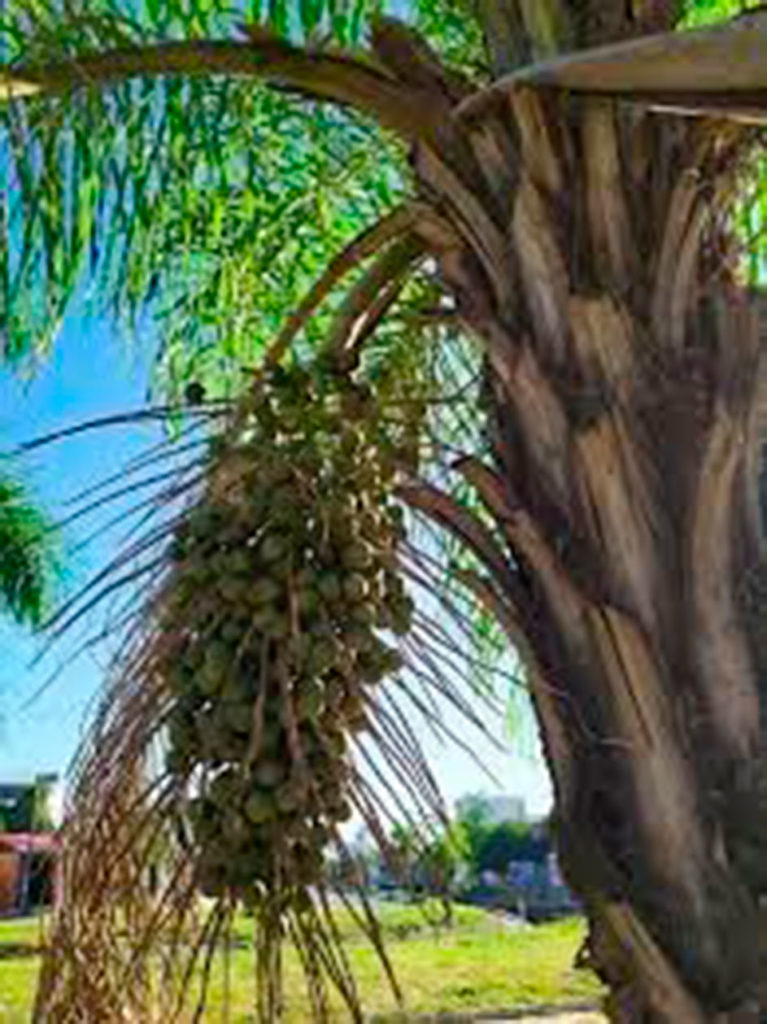Financing and listing GSE on the Stock Exchange
GSE has taken the necessary early steps to expand into the fast-growing sustainable liquid fuels market that will be in short supply for the new economy’s anticipated demand.
GSE thinks globally, while acting locally
As the world recovers from C-19, we prepare to list GSE plc, on the Alternative Investment Market (AiM) of the London Stock Exchange, so as to facilitate more international institutional investors, and fund early expansion. Part of this exercise is welcoming “Green” and “woke” investors by highlighting our ethical standards, as well as the essential role played by sustainable liquid fuels to the new economy. Many wrongly believe that agriculture is dirty and backward – though, like most prejudices, this view is superficial and decades out-of-date. Our team has the skills and experience necessary to deliver on their high ideals.
Our priority is to minimize dilution to early shareholders, by minimizing early land acquisition costs by partnering with the local communities. Anyone can raise money at a discount, and / or by issuing warrants. We want early shareholders to receive fair returns for their confidence and vision. All of the work completed to date has been done frugally, with minimal dilution. Rarely has extensive acreage been accessed, and operational details worked up, with such minimal investment. Shareholders owe much to our team for their effort and prudent expenditure.
A Golden future
GSE has a persuasive story for investors – satisfying both their economic and ethical aspirations. We will profit by doing the right thing.
Though the pandemic brought commodity price volatility to markets, fuel prices surged in 2020/21, on strong Asian demand, supplemented by supply worries.
In contrast to neglect of fossil fuels, trillions are being invested to build infrastructure and transition to greener economies. Governments – who could afford to – subsidised lock-downs and healthcare on an unprecedented scale, and are funding gigantic infrastructure and environmental stimulus programmes. The USA is spending $4 trillion, while the EU and Britain are subsidising materials-intensive clean energy in efforts to decarbonise.
There are not yet the sustainable liquid fuels required for such ambitious programmes. Demand and prices can only rise.
Companies like GSE, and the commodities they develop are essential to a sustainable future. Pious words are insufficient. We need properly resourced operatives in the field, applying best experience as well as innovative techniques.
If support for greener economies persists, the supply constraints and surging demand may trigger a new commodities super cycle possibly greater than that of China since 2000.
Do the sums; new sustainable liquid fuels sources are essential for any serious attempt to address climate change, and develop a green economy.
EU officials remind us that most European energy and materials consumption is fuelled by imports – often from exporters with lower environmental and social standards; the EU now has a Raw Material Alliance for critical materials, and renewable energy.
These are not just empty words: In 2020, the EU Commission launched a Critical Raw Materials Plan to secure Europe´s transition. This aims to manage dependency on distant sources by strengthening regional resources.
In 2021, the IEA admitted that deployment of clean energy for energy transitions will turbo-charge demand.
Already fuel prices have surged, driven by supply disruptions and low inventories. The pandemic initially cut Chinese demand – largely due to de-stocking – but demand rebounded in late 2020. A commodities boom is underway, though prices will fluctuate.
GSE’s mission is the development of world class sustainable liquid fuels to create value for shareholders in an environmentally, socially, and ethically responsible manner for the benefit of all stakeholders.

UK based “Guarani Sustainable Energy PLC” (GSE) will channel investment and operational capital to a new Agroforestry venture in the Guarani “Charagua Iyambae” autonomous region of Santa Cruz, Bolivia.
GSE will rehabilitate approximately 50,000 Ha of degraded pasture that was deforested over different periods during the last century with a combination of perennial Pongamia trees and native Totai palm, both of which will produce vegetable oil and protein meal along with high quality cattle grazing using traditional silvopastoral methods under the cover of rehabilitated forest, the products destined for both local and export markets.
The project contemplates the use of the Pongamia, Totai, Jatropha and Macororo (Castor) varieties for the production of feedstock which as a raw material is transformed into Hydrogenated Vegetable Oil (HVO), a second generation renewable biofuel commonly used as a Sustainable Aviation Fuel (SAF).
“HVO fuel is one of the cleanest fuels on the market. It’s a second-generation, synthetic, advanced renewable diesel alternative that eliminates up to 90% of net CO2 and significantly reduces nitrogen oxide (NOx), particulate matter (PM) and carbon monoxide (CO) emissions.”
“As a paraffinic, renewable fuel, HVO can be used as a drop-in alternative to fossil diesel, meeting EN 15940 standards and Fuel Quality Directive 2009/30/EC Annex II. There’s no need to modify existing infrastructure – you can simply top up and go.”
- Totai as a main crop with Jatropha and Macororo as secondary crops
- Totai as a main crop with cattle grazing as a secondary crop.
- Pongamia as a main crop with cattle grazing as a secondary crop.
- Totai and Pongamia as main crops with cattle grazing as a secondary crop.
- From a cash flow perspective both Totai and Pongamia are productive from year five while Macororo and Jatropha are productive from the year two, cattle are introduced as a secondary business from year three.

